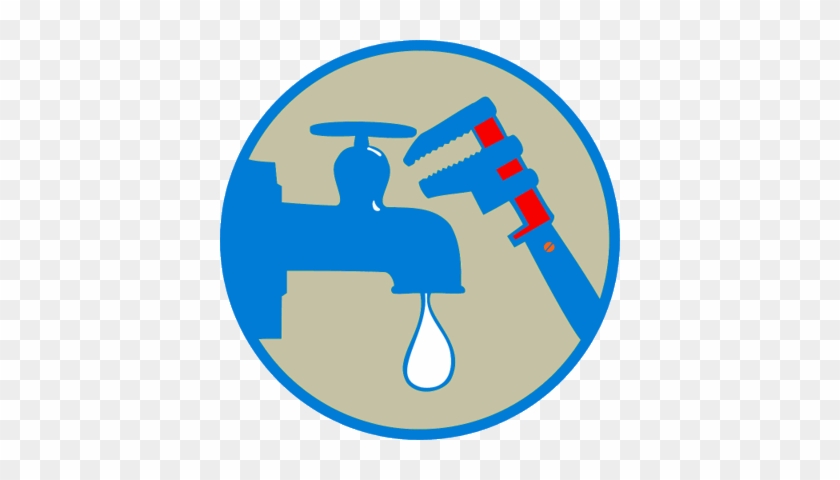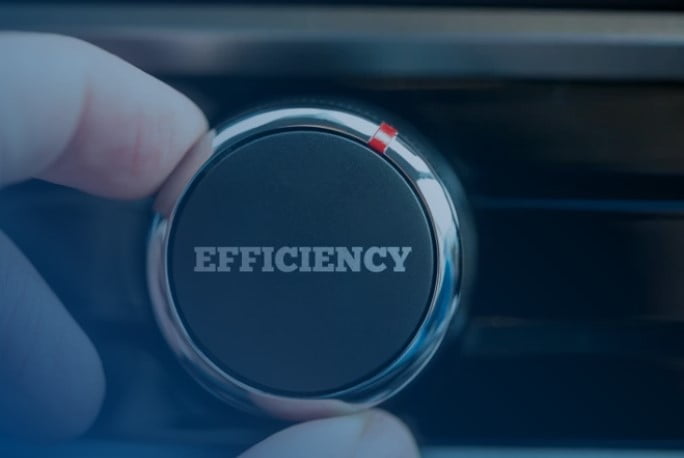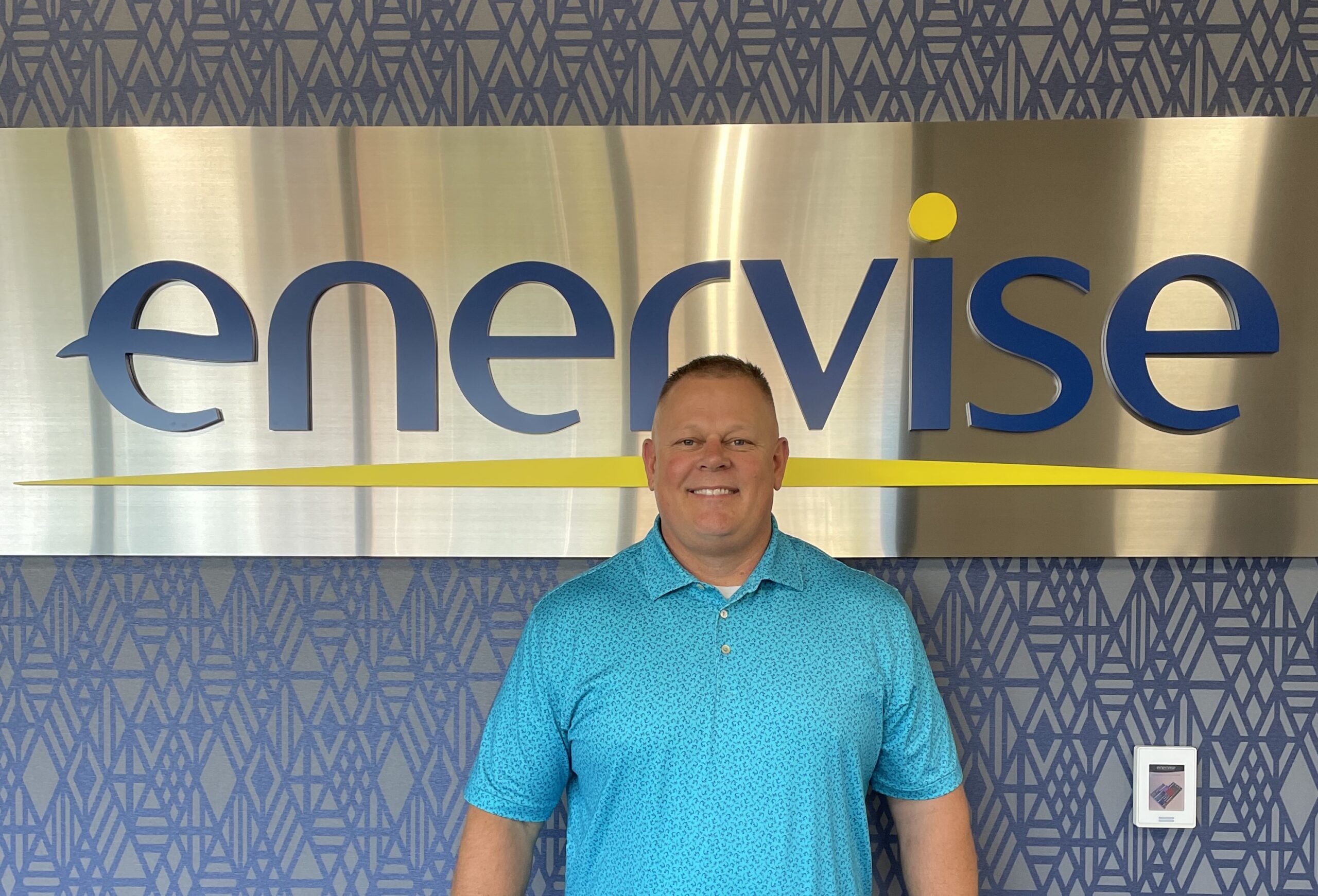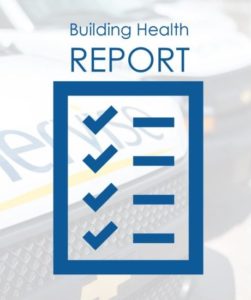Capital planning is, of course, a big part of the financial management of any commercial building or facility. It’s not only important to every element of the infrastructure, equipment and operations of all aspects of the building. It is also important specifically to systems like HVAC and building management systems, for a variety of reasons:
Equipment Lifespan
HVAC systems include a wide array of sub systems, moving parts and control systems. All of those pieces will age at different rates, and they all have an optimal lifespan, after which repair and maintenance becomes less financially viable than replacement of that part of the system. When working on capital planning, make sure you take into account the age and optimal lifespan of existing equipment, and budget accordingly for replacement. Most building managers update a mechanical survey annually to budget where it’s fiscally responsible to replace vs. repair obsolescent equipment each budget cycle.
Legislative Changes
With the increased focus on the environment, emissions and green technology, there are already changes being made to legislation regulating the type of HVAC equipment being manufactured and installed. Some of these changes have deadlines, and in some cases, non-compliance may result in fines or levies. Your capital planning should include an allowance to bring your systems up to code, or, in the case of equipment that is still relatively new, retrofitting or budgeting for increased running costs.
Control System Upgrades
If your building uses a central building management system to monitor and control various systems, then you may find that as you upgrade other systems in your building, you need to spend money upgrading the control system too. It can be a delicate balancing act to find control systems that work with all of the integrated systems in your building, and an HVAC and BCS company who can retrofit your systems to make them all work together harmoniously. Make sure you include this in your capital planning if you plan to make any improvements to managed equipment.
Routine Maintenance
Routine maintenance should always be included in your capital planning and operational budgets. Skimping on repairs and maintenance can lead to major costs down the line, and it is just not worth it to save a little now on HVAC and Controls preventive maintenance, only to spend a lot later. You can also avoid significant utility costs by retro-commissioning your systems and building controls. These low-cost or no-cost tweaks can start and stop equipment based on current building needs—updates that offer significant cost savings
Resale Value
In the event that you plan to sell a commercial building at some point in the future, being able to provide detailed information about HVAC systems, repair, maintenance and replacement will be a big factor in the price you can expect to ask. This is especially true in Greater Columbus, Cincinnati, Northern Kentucky and other parts of the Midwest, as buyers from the coasts expect up-to-date systems. Most savvy commercial building buyers know that HVAC systems are a big part of the infrastructure and operations of a building, and they will expect to see detailed and current information on all elements of your system to give you the best CAP rate in valuing your building. If you have planned and executed repair, maintenance and replacement programs as a part of your capital planning process, you will have all of that information on hand when you need it for due diligence.
A good commercial HVAC company will be able to help you to estimate and budget for the various requirements of your commercial building’s HVAC and building management system, and they can be an invaluable asset in your capital planning process.




